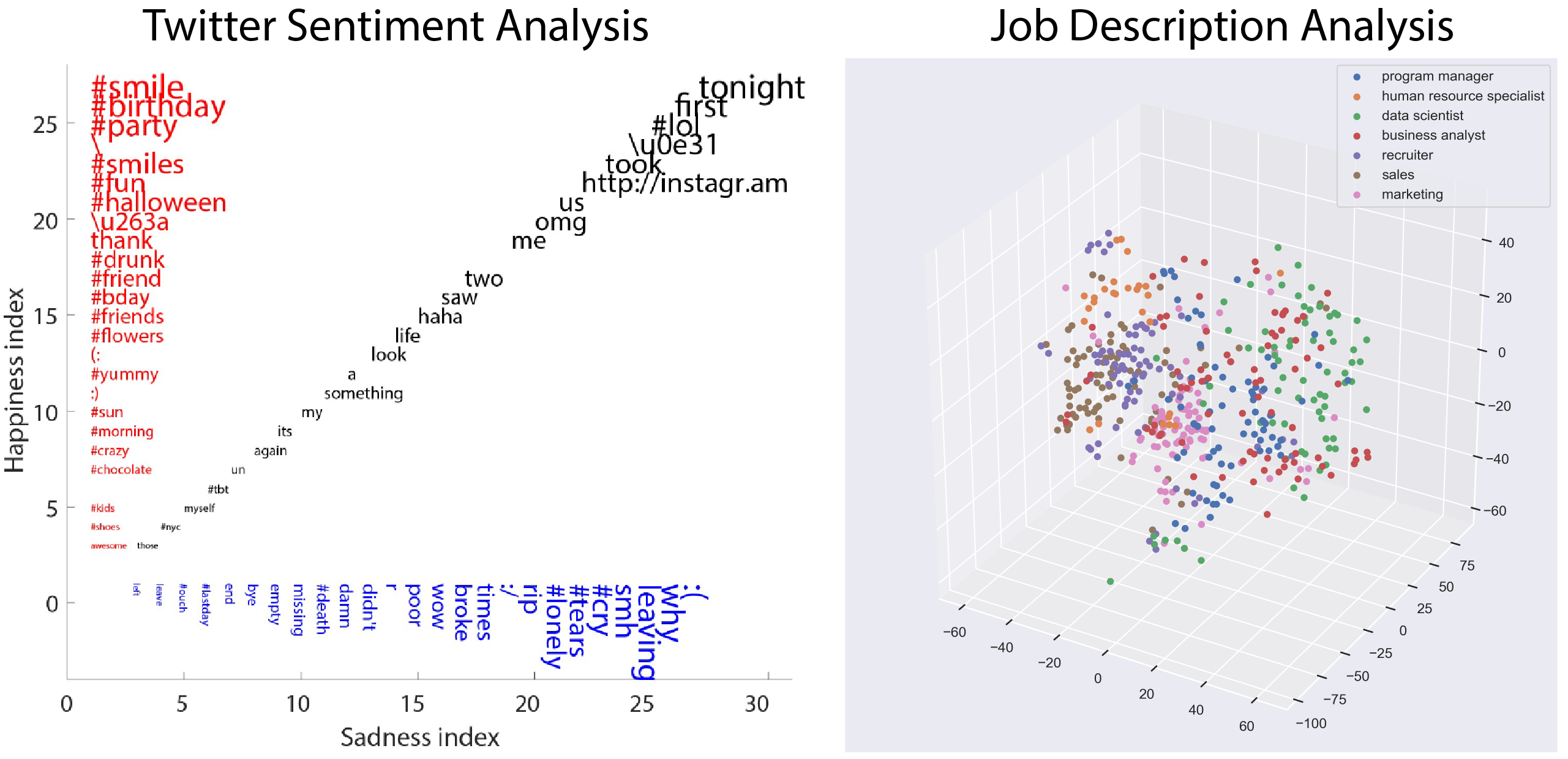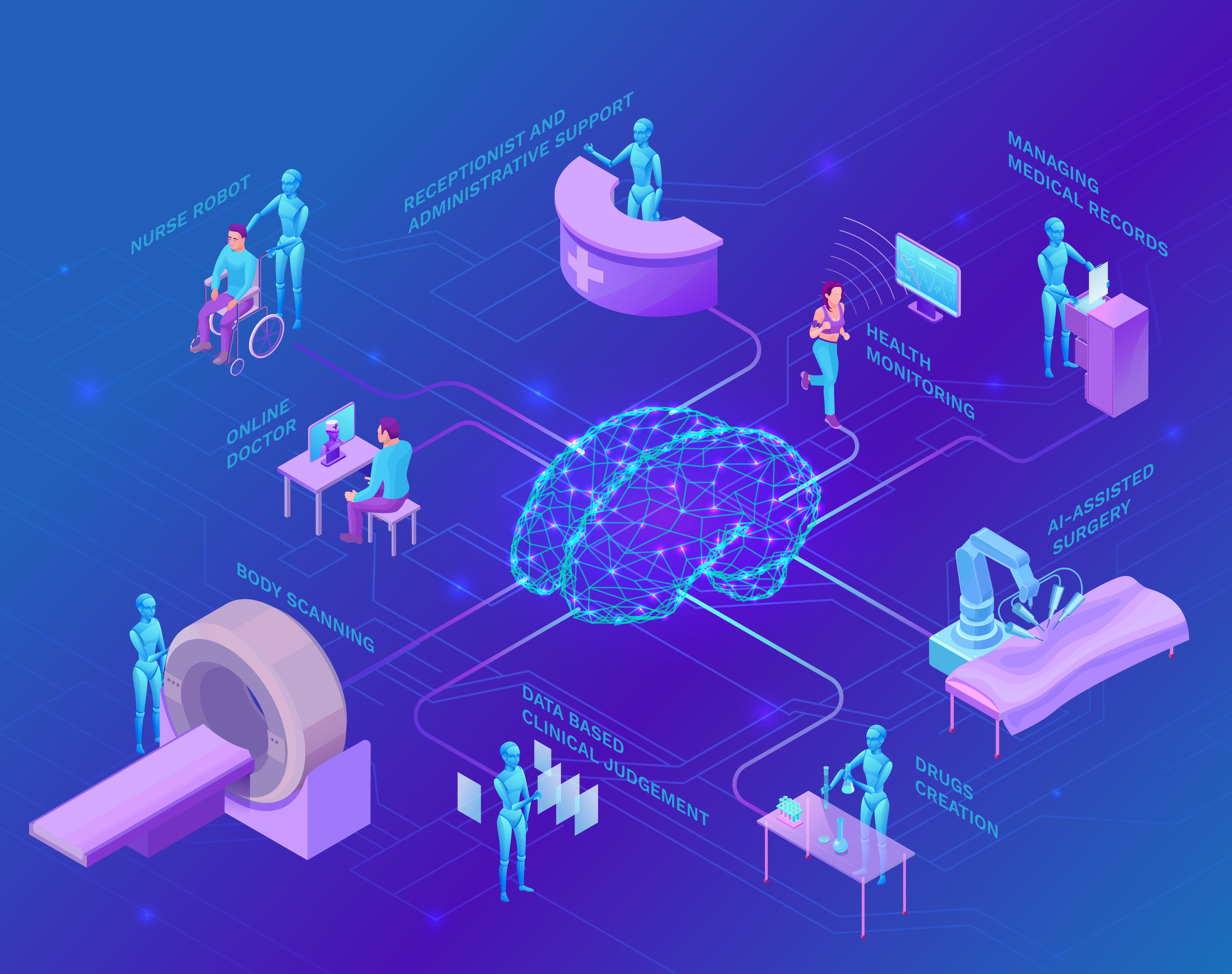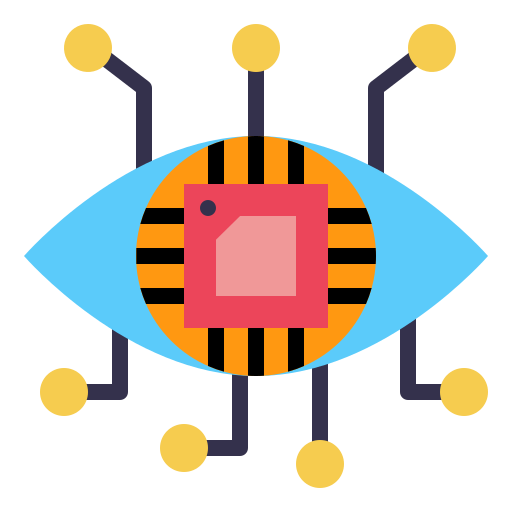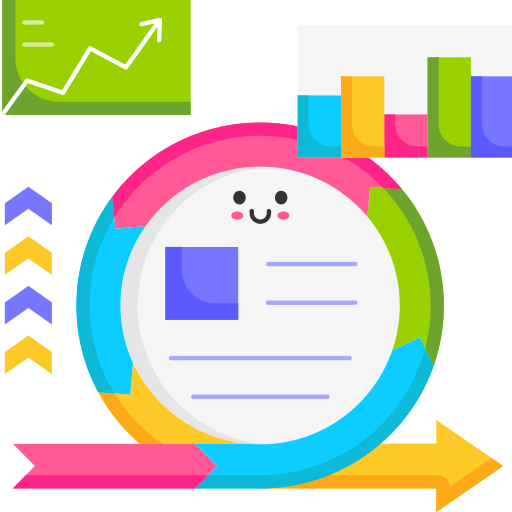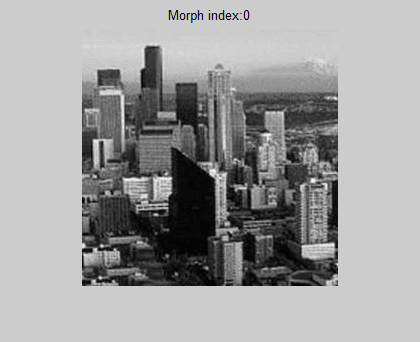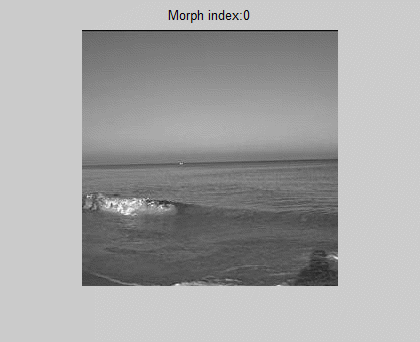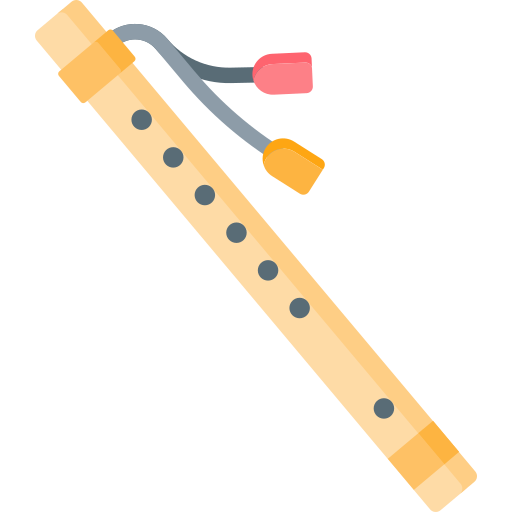LLM applications on clinical texts
With the ubiquitous adoption of electronic health records, 80% of medical data now exist in the form of texts.
As a results, there is a huge potential for AI systems to extract useful insights from that enormous data. In this project, I applied the state-of-the-art
LLMs for various popular tasks such as clinical entity recognition
and question-answering to provide insights into clinical texts. You can aslo try out
the NER and
QA models I put on Huggingface.
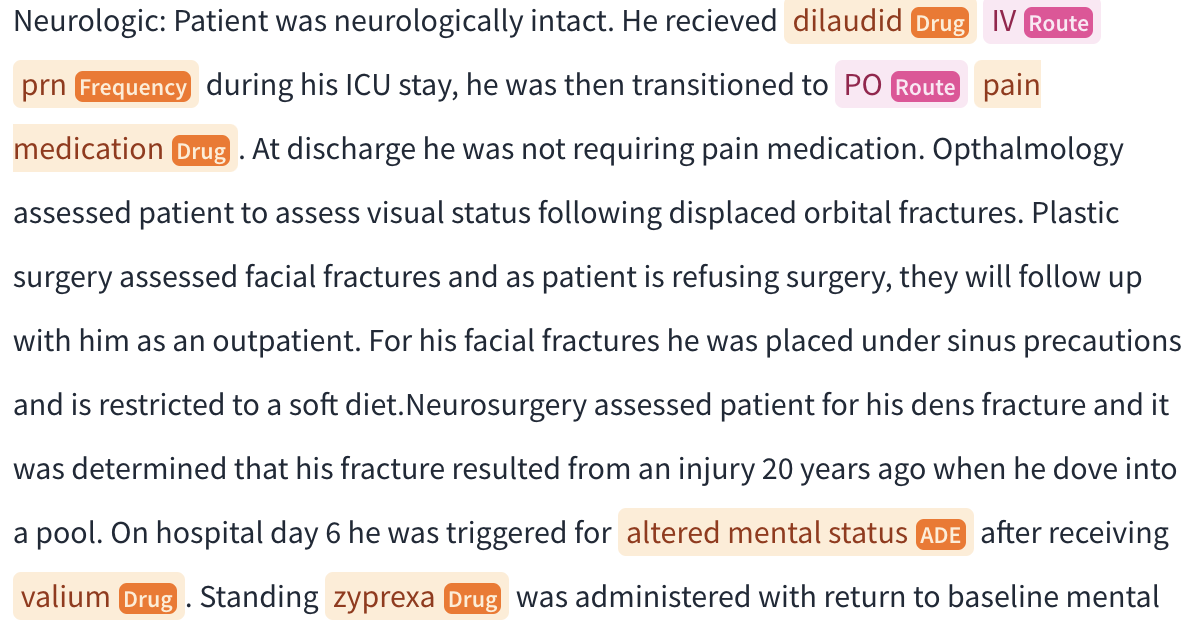
Accurate Step Count with Deep Learning
Physical activity (PA) is widely recognized as a pillar of general health. Step count, as one measure of PA,
is a well known predictor of long-term morbidity and mortality. However, the step count accuracy of popular consumer devices like Fitbit
or Apple watch is not rigorously validated, esp. for clinical use. Here by using state-of-the-art neural network
algorithms and transfer learning, I can achieve highly accurate step counts (98-99%) from many types of wearable and mobile devices.
If you are interested, please find more details here.
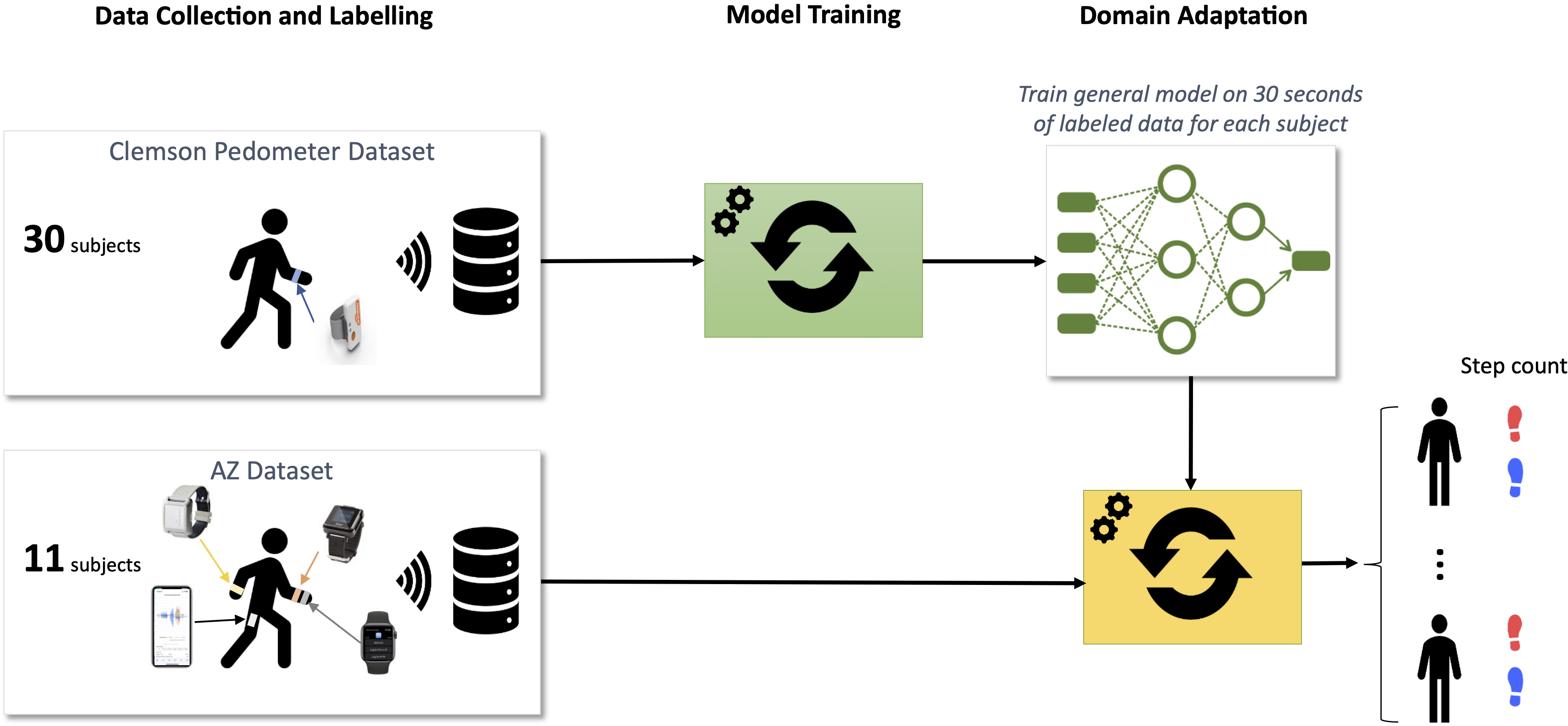
Cancer Detection with Deep Learning
In this project, I tackle the CAMELYON16 challenge in which we have to detect cancer in
hyper-resolution scans of human tissues (up to 100,000 x 100,000 pixels). To solve the problems, I experimented with
several state-of-the-art neural network models including InceptionV3 and InceptionResnetV2. I show that we can obtain
very high performance when performing transfer learning with a pretrained InceptionV3 network.
If you want to learn more, feel free to read the report here.
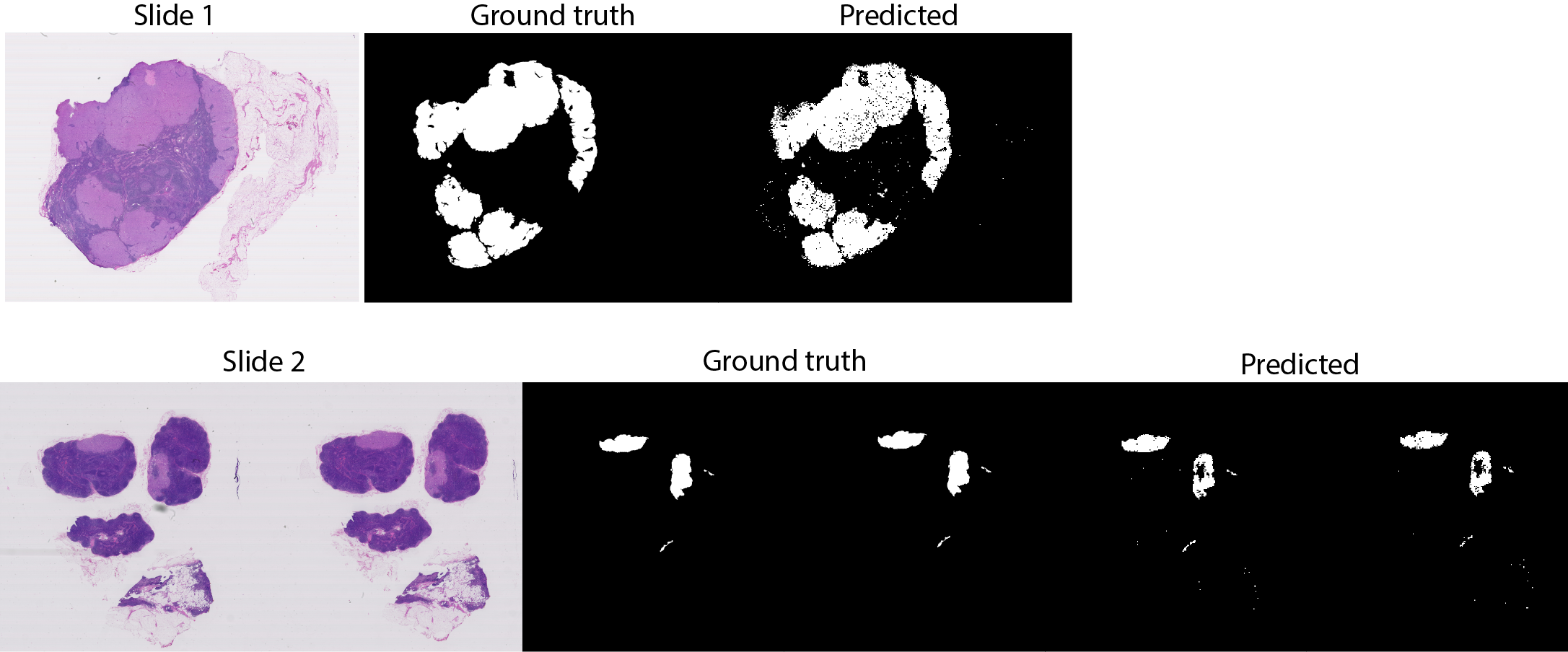
Understand Human Decision-making
This is essentially my PhD and Postdoctoral works in which I study how humans make decisions
using a combination of computer-controlled behavioral experiments and machine learning (with the focus on Bayesian
models). This work reveals a unifying principle behind many of human irrational decisions: maintaining consistency across decisions. You can read the technical paper or
non-technical article
and play around with Matlab code. Some of the following works are
here, here,
and here.
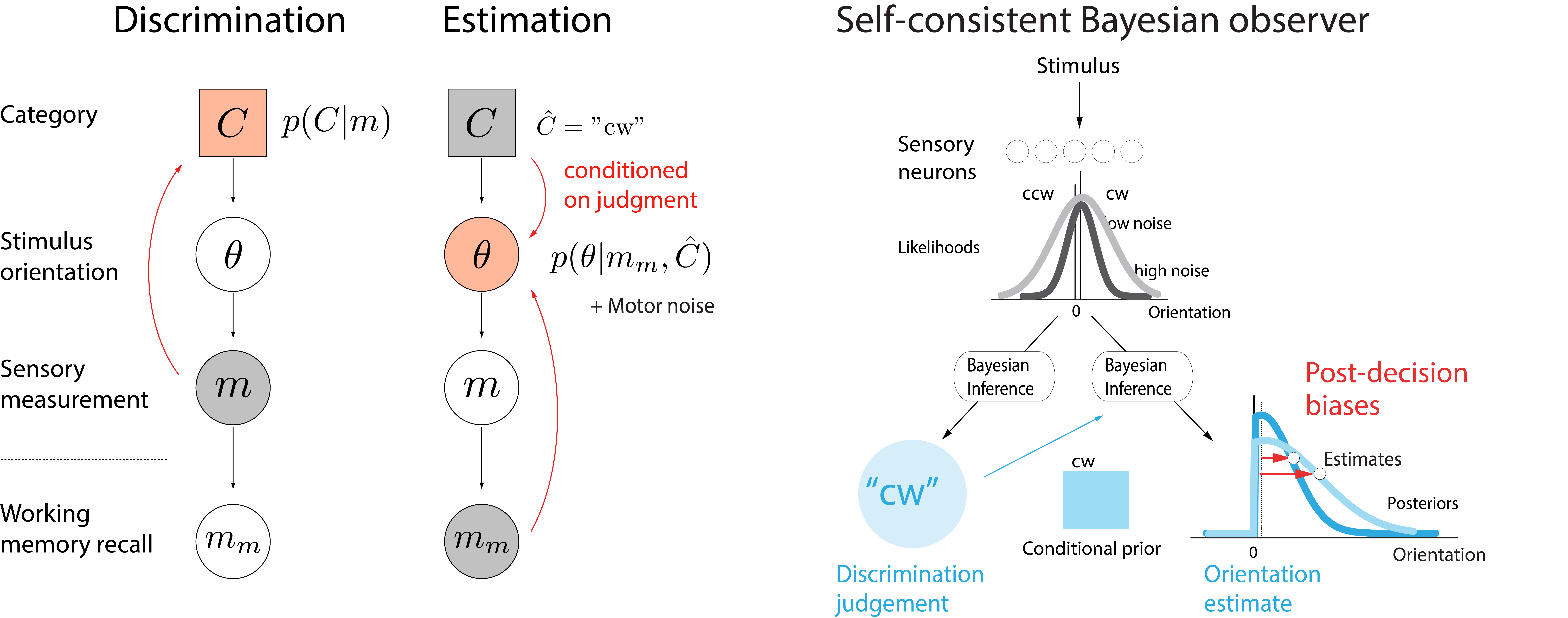
Manipulate Human Face Images with styleGAN
In this project, I explored a powerful neural network algorithms, styleGAN, which can generate synthetic human face images that look like real
(you can look at images below). Additionally, styleGAN can also change specific features of a face image (e.g. skin tone, hair
color, identity). Besides demonstrating these impressive features of styleGAN, I also dived deep into
the way it works using PCA technique and an advanced deep learning model, FaceNet. You can find all the details here.
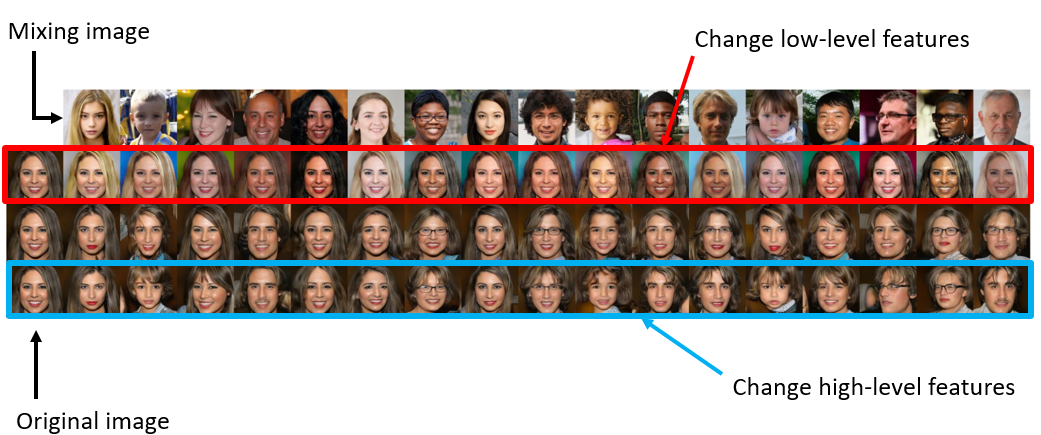
COVID-19 Visualization and Correlational Analyses
In this project I pulled the COVID-19 data from Johns Hopkins University database which include measures such as number of cases and deaths across
the world and in the US. Then I made several visualization and combined economic and health data from other sources such as World Bank, WHO and US goverment so that
I could gain insights into the evolution of COVID-19 and its relationships to other social and economic factors like GDP, income, health spending. All details are
here.
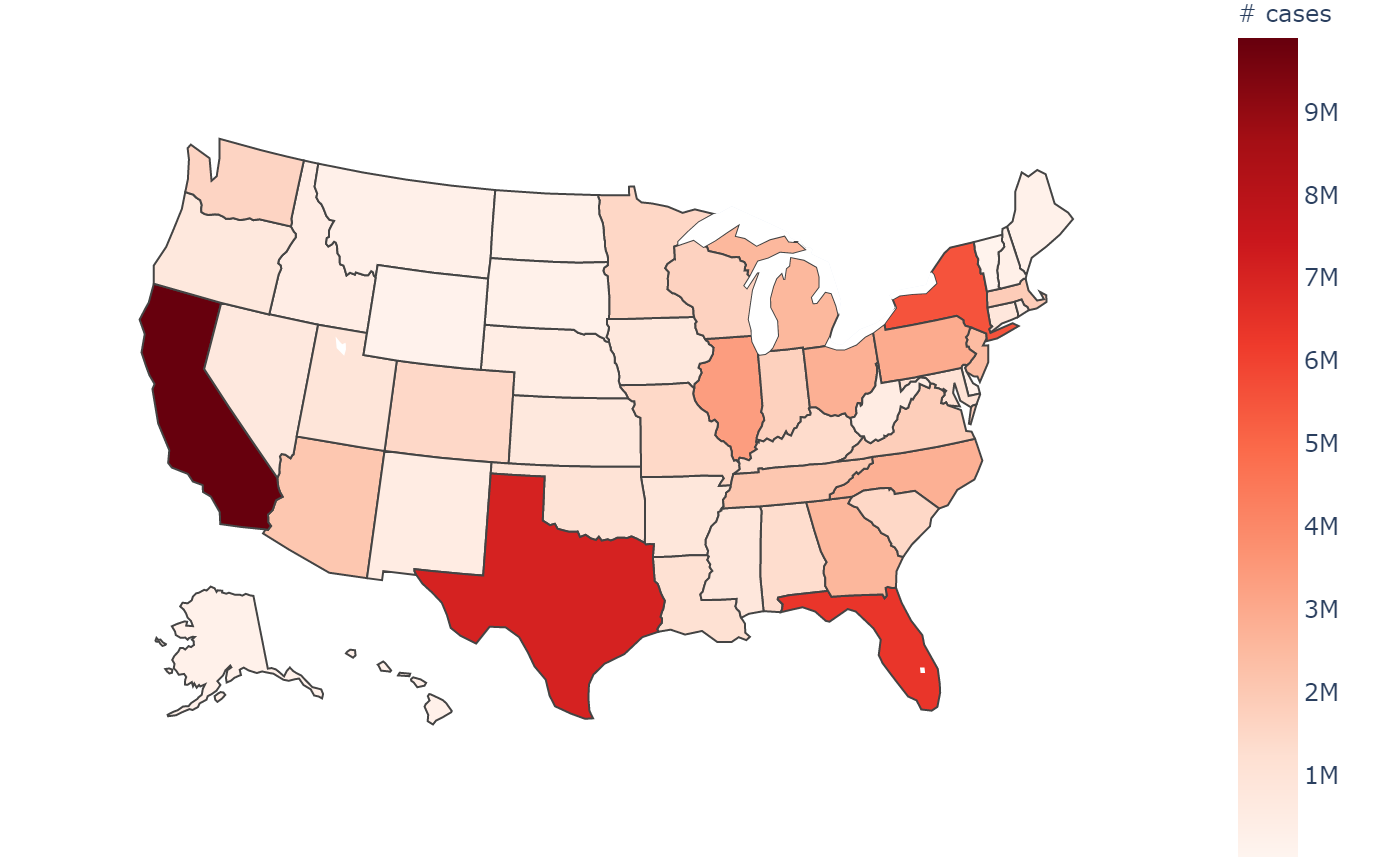
Track Object with Digital Image Correlation
In this work, I used a popular computer vision algorithm, Digital Image Correlation, to track an object's properties over time. Essentially, we captured
images of objects in different stages and used image processing algorithms to compare those images. I demonstrate that by
using an advanced interpolation algorithms, we can potentially increase the accuracy of the algorithm up to 100x. This algorithm has found its way into
a broad range of applications such as civil, mechanical and biomedical engineering. You can read more about that in this paper.
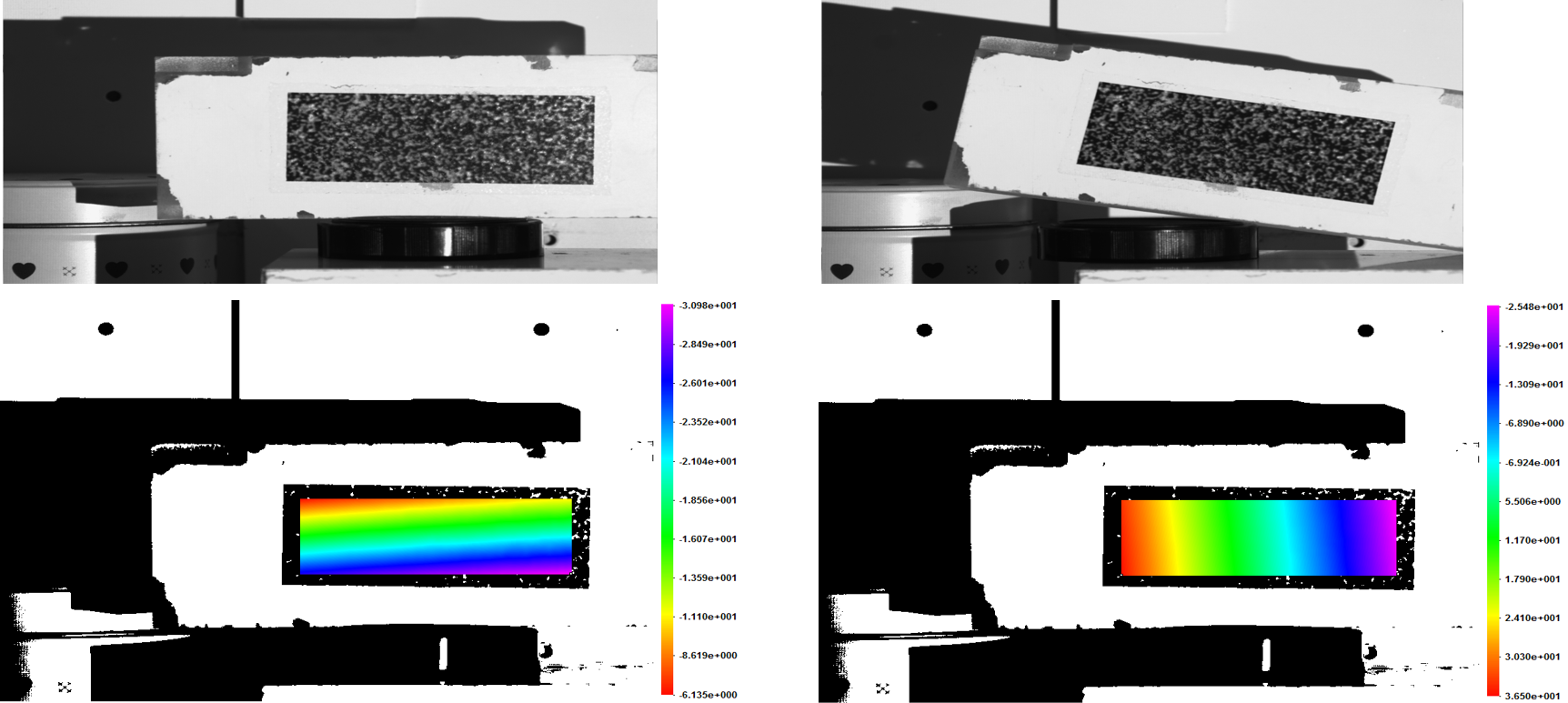
Measure Retinal Blood Oxygen with Optical Imaging
This is a project in collaboration with Johns Hopkins University in which we want to track the progression of diabetes in a non-invasive way.
Specifically, we developed an optical imaging system to capture images of patients' retina
and employed advanced image processing algorithms to compute the blood oxygen from retinal vessels. In addition, I also developed a friendly Graphical User Interface
so that the doctors can easily use the software for their purposes. You can find more details in this paper.
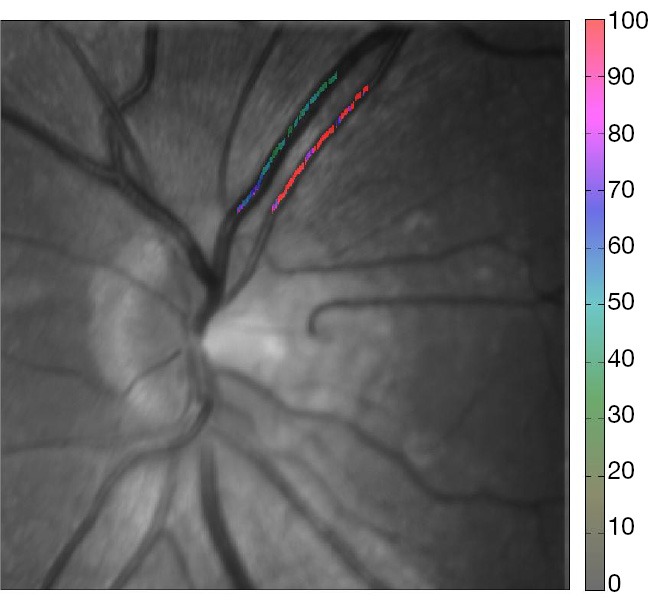
Validate Blood Flow Measurement Method
In this project, I worked on developing and validating optical imaging methods that can non-invasively measure the blood flow in human
blood vessels. One challenge to the problem is to fabricate models of human blood vessels for testing the imaging methods. Here I used
an advanced laser micromachining system to fabricate models of very small blood vessels (as small as the smallest human hair) and used
that to test an optical system that measures blood flow. You can read more here.
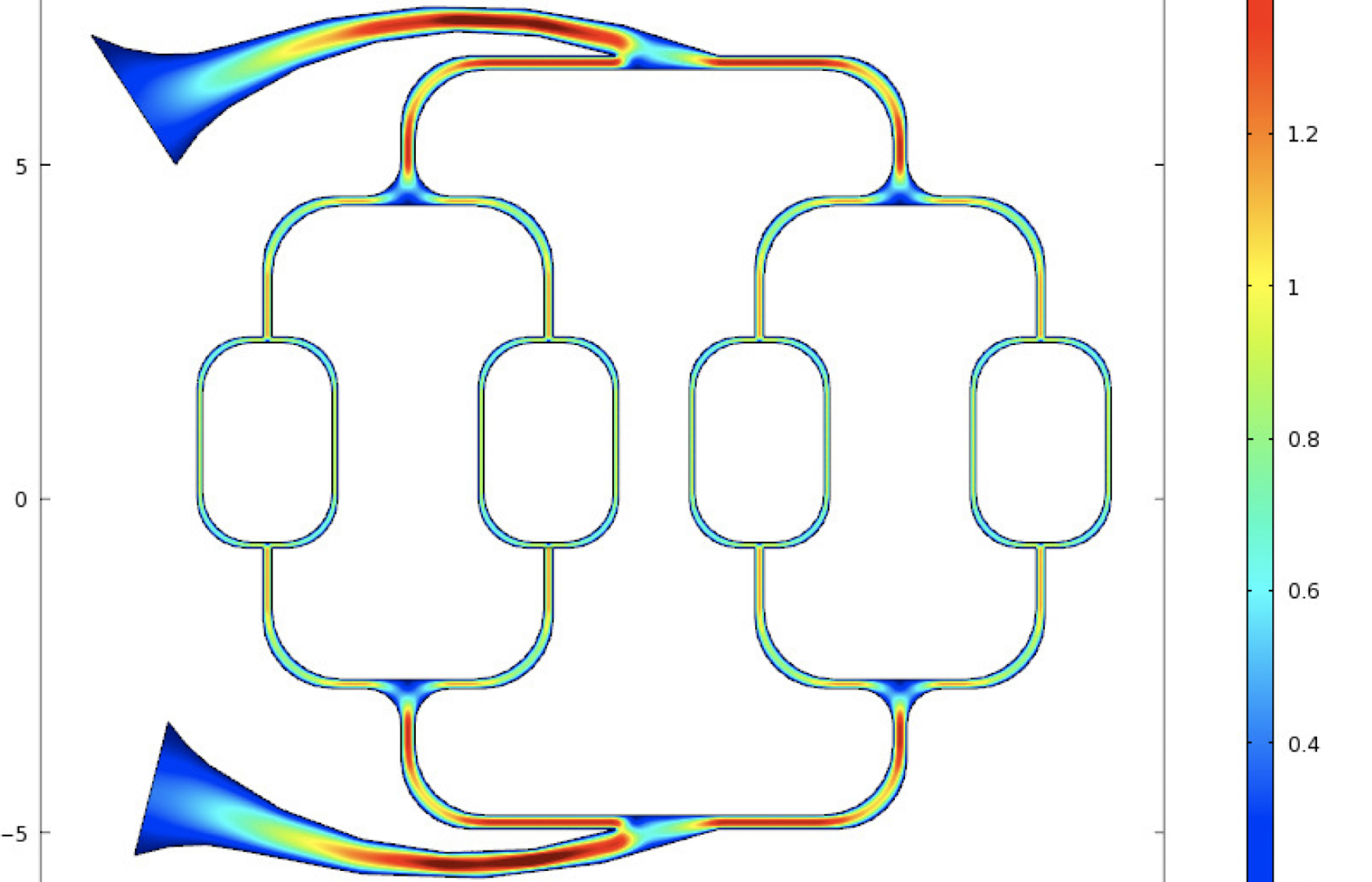
Compare Computer Vision and Human Vision in Scene Classification
In this project, I compared the performance
of a scene classification computer vision model that is based on low-frequency components of
amplitude spectrum (Oliva & Torralba, 2001) and human fast perception of images. I found that human perception is very different from
the model, that is, their performance relies more heavily on the phase (local) information in the image. In contrast, the gist-based
computer vision model relies mainly on the amplitude spectrum (global features) of the image.
NLP Twitter Post and Job Description Analyses
In these projects, I performed several NLP methods including machine learning to gain insight from text data. In the first one, I aimed to
predict a user's emotion (happy/sad) from their Twitter posts. I also performed visualization based on Naive Bayes algorithm to have a closer look
into the way the model works. In the second one, I performed
analysis and visualization of thousands of job descriptions to gain insights into the relationship between jobs.
